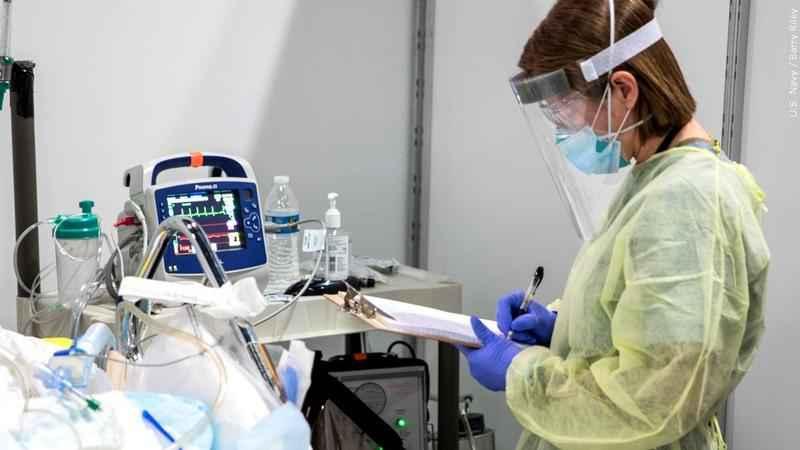Minnesota lawmakers hear about long-term health impacts of COVID
[anvplayer video=”5068303″ station=”998122″]
We won’t know for several years the true long-term implications and impacts for people who contract COVID-19, but health researchers are getting some early ideas.
"I am hopeful it is not going to impact them forever, for a long time, but from the health system and the public health perspective the long-term impact of this viral illness are going to be felt for a long time and they will affect a lot of people," Dr. Rozalina McCoy of Mayo Clinic told a Minnesota House Health Finance and Policy committee. "I think it’s really important to understand it, plan for it."
Doctors and health policy researchers reviewed thousands of COVID studies about the impact of the virus on the health of patients. The studies show that roughly a third of people who contract COVID end up with lingering symptoms that can last more than four weeks. They range from coughs and headaches to chronic fatigue and loss of taste and smell.
In Minnesota, 800,000 people have contracted COVID, meaning about 250,000 have likely had long-term symptoms.
"Since we’re reviewing other published studies, we can’t say with certainty exactly how common they are and how severe they are," McCoy told lawmakers. "Rather, we can describe what other people have seen and it’s going to be important for us here in Minnesota to do that surveillance work to establish who’s affected, how often, for how long and how badly."

[U.S. Navy / Barry Riley / MGN]
Meanwhile, Gov. Tim Walz continued to promote the newly-approved COVID vaccines for 5- to 11-year-olds by visiting a school in Brooklyn Center where they’re offering vaccinations on-site.
"It’s at a point where if we do things right, vaccinations, layered mitigations, we can make sure we’re not reporting 41 people dying and over a thousand in the hospital because of COVID, and one of the big steps we’re going to take is these little ones, these brave ones that are coming in here to get that vaccine to make a difference," the governor told reporters.
Lawmakers were told at their hearing that one study shows 68% of kids suffer symptoms lasting longer than three months. The most common lingering symptoms in kids are headaches, insomnia, muscle aches and fatigue.